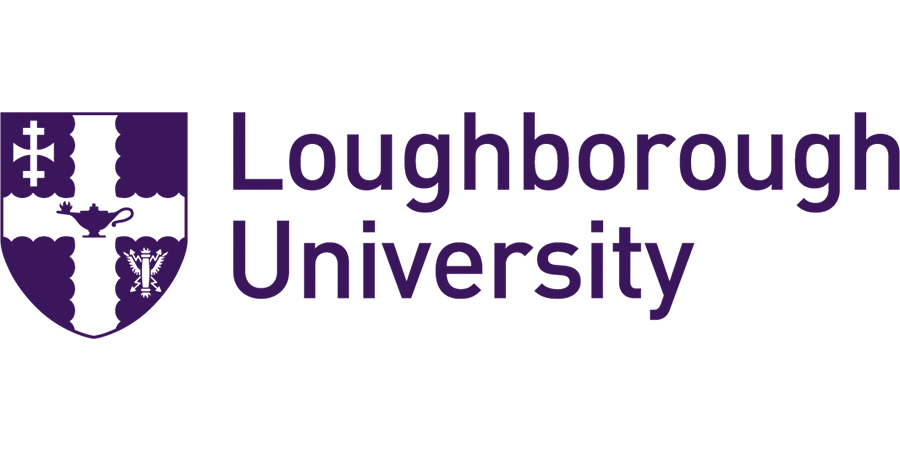PhD Studentship: Imaging with AI Integration for Early and Continuous Health Diagnostics and Monitoring
Loughborough University - Mechanical, Electrical and Manufacturing Engineering
| Qualification Type: | PhD |
|---|---|
| Location: | Loughborough |
| Funding for: | UK Students, EU Students, International Students |
| Funding amount: | £19,237 per annum. Fully Funded (UK and International) |
| Hours: | Full Time |
| Placed On: | 11th December 2024 |
|---|---|
| Closes: | 16th February 2025 |
| Reference: | FP-BS-2025 |
Project Details
Why This Research Matters
We invite applications from enthusiastic and self-motivated individuals who are passionate about cutting-edge, multidisciplinary research in future healthcare, imaging and sensing technologies.
Cancer remains the leading cause of death globally. Early detection is critical to improving survival rates. Still, traditional diagnostic methods such as CT and MRI are costly, inaccessible in underserved areas, and pose health risks due to ionising radiation. In rural and disadvantaged communities, screening participation is less than 50%, leaving many cases undiagnosed.
Microwave Imaging (MWI) offers a revolutionary solution. It is safe, portable, cost-effective, and enables frequent, radiation-free monitoring of conditions such as cancer, stroke and infections. This research aligns with the NHS Core20PLUS5 strategy, which aims to reduce health disparities and bring life-saving diagnostics closer to underserved populations.
This PhD project seeks to develop an AI-integrated MWI system specifically for detecting thoracic cancer and lesion/infection. The innovative system will feature advanced microwave sensors, cutting-edge imaging algorithms, and a compact, portable design suitable for pre-hospital and community-based settings like ambulances, pharmacies, and outreach centres.
Key research objectives include:
- High-Sensitivity Sensors: Developing sensors capable of differentiating malignant tissues with up to three times higher dielectric contrast than healthy tissues.
- Advanced Imaging Algorithms: Designing conductivity- and phase-weighted algorithms for accurate and high-resolution imaging of thoracic tissues.
- AI Integration and Portability: Creating customised AI models for improved diagnostic accuracy.
This interdisciplinary project spans biomedical engineering, applied electromagnetics, and AI, addressing a major global healthcare challenge.
We seek candidates with a solid foundation in electromagnetics and expertise in microwave imaging (required), along with proficiency in computer programming, machine learning (required), and artificial intelligence (required).
The ideal candidate should possess working knowledge of essential software tools like CST Microwave Studio, Ansys HFSS, and Python; practical experience with fabrication and measurements (e.g., operating a vector network analyser, anechoic chamber, etc.); and expertise in implementing machine learning algorithms.
Entry requirements:
- Applicants must have either a 2:1 honour degree (or equivalent) or a strong merit or distinction in Biomedical Engineering, Electronics and Electrical Engineering, Computer Science, or a related field. Expertise in antennas and machine learning is preferred.
- Experience in AI, medical imaging, or applied electromagnetics is highly desirable.
- Applicants should meet the minimum English language qualifications.
Applicants will need to submit a research proposal (not more than 3 pages), a CV, and an example of written work (paper, project report, etc.) to be considered for an interview.
English language requirements:
Applicants must meet the minimum English language requirements. Further details are available on the international website (http://www.lboro.ac.uk/international/applicants/english/).
How to Apply:
Applications should be made online via the above ‘Apply’ button. Under the programme name, select ‘Mechanical and Manufacturing Engineering/Electronic, Electrical & Systems Engineering’ and quote the advert reference number FP-BS-2025 in your application.
To avoid delays in processing your application, please ensure that you submit your CV and the minimum supporting documents. The following selection criteria will be used by academic schools to help them decide on your application.
Funding and How to Apply
The studentship is for 3 years and provides a tax-free stipend of £19,237 per annum for the duration of the studentship plus the university tuition fee.
Advert information
Type / Role:
Subject Area(s):
Location(s):









